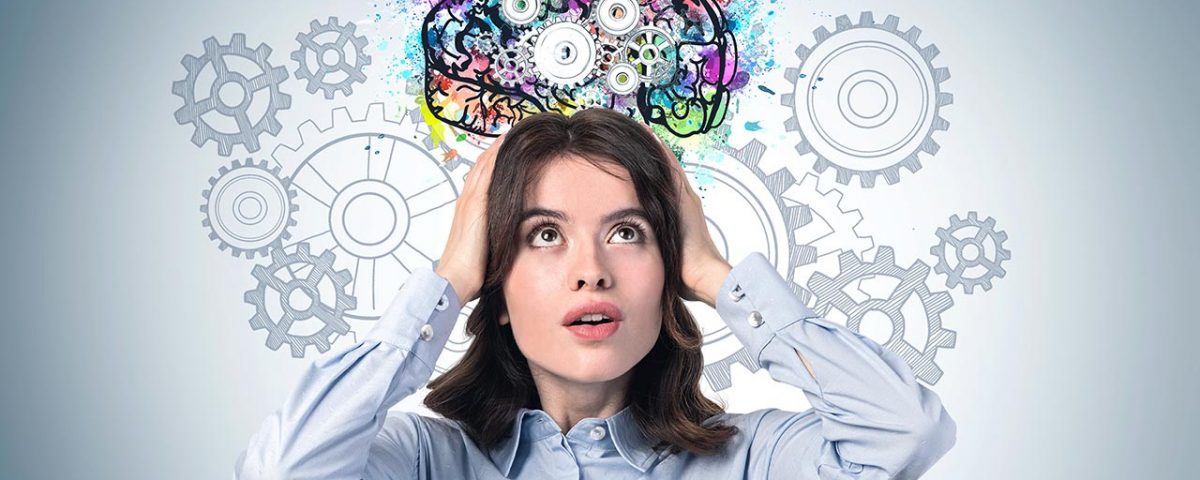Although it’s very possible to heal from addiction, the healing process is not always smooth.
Not only does the physical dependency on the substance make cravings difficult to ignore, but the mind is powerful, and your resolve relies heavily on your state of mind. Even after receiving addiction treatment, you may struggle to readjust to your everyday life without drug abuse. Drug abuse becomes an everyday habit, and it can be a challenge to create a new schedule without it.
At our rehab center in Philly, we provide individuals with the proper tools to get sober and maintain their sobriety. Recovery is something you have to work at maintaining every day, but our treatments can help you learn how to stay sober.
The Importance of Retraining Your Brain After Addiction
Learning how to retrain your brain after addiction can be a struggle. You’re physically healing from the effects of drug abuse while trying to mentally keep your guard up against triggers and cravings. As the famous saying “mind over matter” suggests, your mind is a powerful tool that can make or break your recovery and long-term sobriety goals. It’s important to specifically retrain your brain or mental state because your determination, motivation, and focus all derive from your mind. Oftentimes, denial is blinding, and it can be easy to convince yourself to do something, even though you know it’s wrong. By strengthening your mental resolve, you can avoid relapse and other struggles that can result from continued alcohol or drug abuse. However, if relapse has occurred, that doesn’t mean you should give up. At Banyan Philadelphia, we provide a stabilization program to help people who have undergone relapse get back on the right track.What You Can Do to Retrain Your Brain After Addiction
Discovering how to retrain your brain after addiction can be a long process, but it can be beneficial to maintaining long term sobriety. It’s all about discovering a happier and healthier version of yourself and your everyday life.Adjust Your Responses
Many people rely on alcohol or drug abuse as a way to deal with depression, stress, anxiety, and other negative emotions and conditions. Your initial response to a negative emotion or stressful situation may be to think of using again. To avoid relapse, you have to find new ways to respond to these kinds of situations. If you feel overwhelmed at work or home, it’s okay to take a second to go outside or take a short walk to recollect yourself. Don’t force yourself or expect yourself to never feel discouraged or sad after recovery. Negative emotions are troubling, but it’s your responses in negative situations that can lay a foundation for a sober life.Identify Your Triggers
Identifying the things or people that have triggered you to abuse drugs or alcohol is a very important step in readjusting your mind after alcohol or drug abuse. As you’re transitioning back to your everyday routine, pay attention to the people and things that have triggered you to use in the past. It’s okay to avoid certain places, things, or people if they encourage you to relapse. It can be difficult to distance yourself from a family member or close friend, but your sobriety is a priority.Don’t Be Afraid to Seek Help
You’re not a superhero, and that’s okay! Recovery is not perfect, and no one expects you to be either. If you are struggling to maintain your sobriety, get immediate help. It is better to receive help than to struggle with recovery on your own and potentially risk relapsing.At Banyan Treatment Centers Philadelphia, we encourage those who are transitioning back into their lives after recovery to learn how to retrain their brain after addiction. Sobriety is a choice you have to make every day but taking the right steps can help make that decision clearer. To make sobriety possible, we provide various addiction treatment programs to help people begin their journey.









